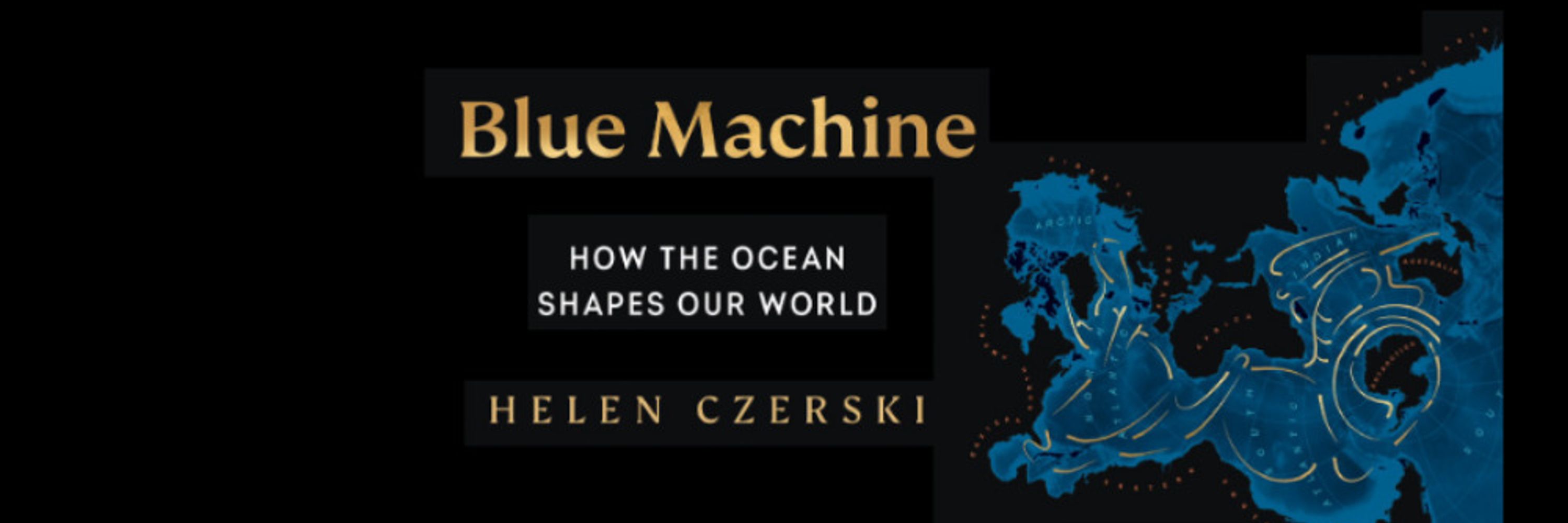Helen Czerski
@helenczerski.bsky.social
32K followers
350 following
1.1K posts
Physics, bubbles, oceans, hot chocolate and curiosity. Professor at UCL, writer, broadcaster. Author of Storm in a Teacup and Blue Machine https://linktr.ee/helenczerski Co-host of BBC Radio 4's Rare Earth
Posts
Media
Videos
Starter Packs















